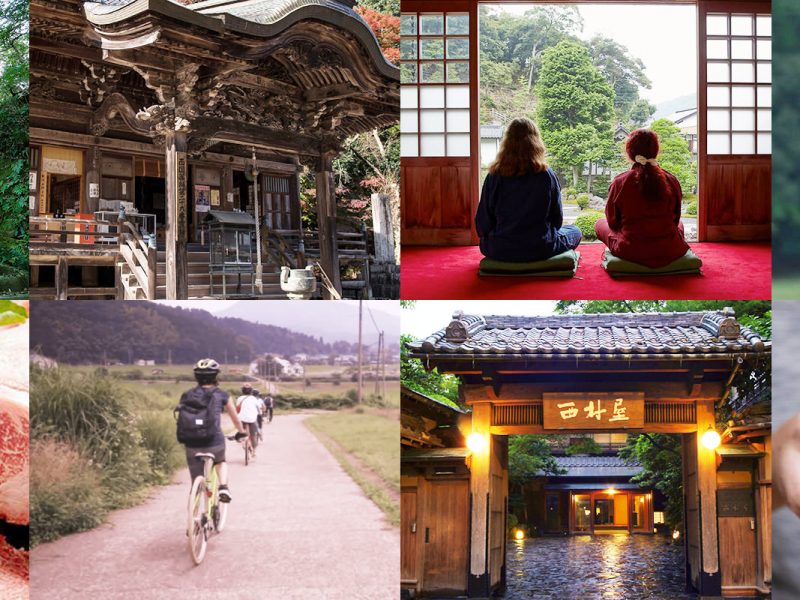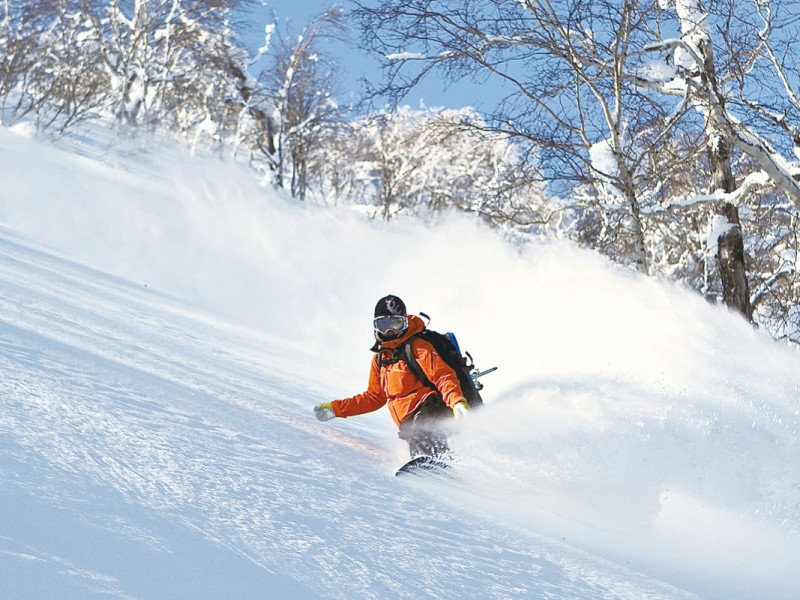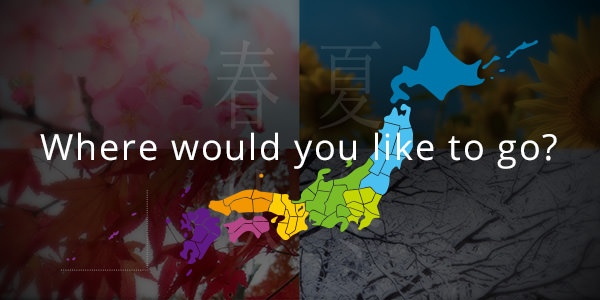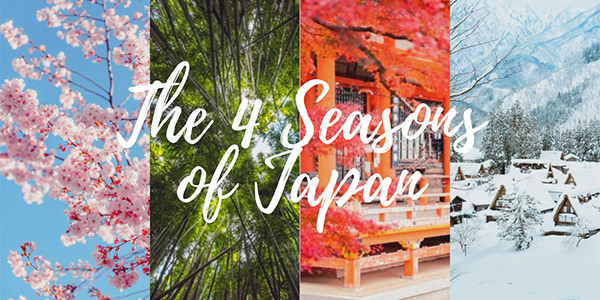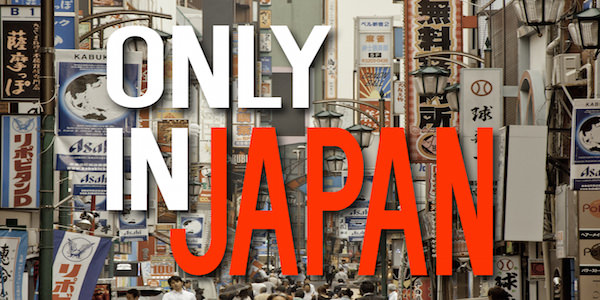We had the rare privilege of talking all things Rugby World Cup with legendary former Wallabies captain, Nick Farr-Jones. In anticipation of the world cup in Japan this year, he had much to say about the significance of Japan being host to the games as well as what to expect from the Wallabies.
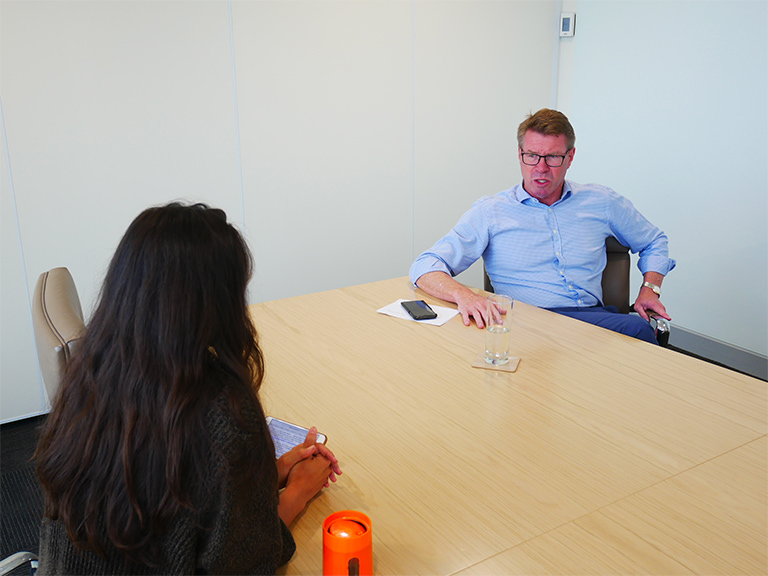
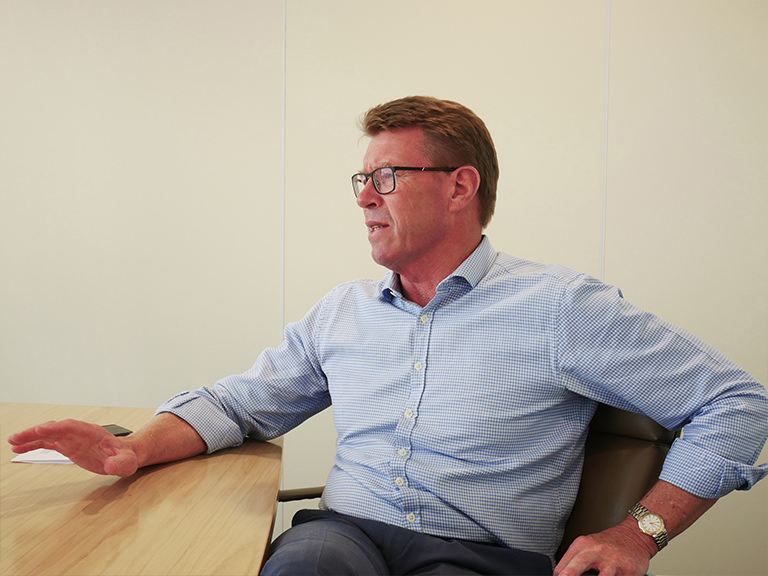
In an interview you did with the ABC back in 2005, you said ‘if we are serious about spreading the game when the world cup has to go to Japan.’
What made Japan an attractive candidate to be host city back then?
I was an ambassador for the Japanese bid and I was a huge believer in Japan as a host country and there were a number of reasons why. All the major Rugby Union nations had already hosted the world cup; the first one in ’87 was hosted between Australia and New Zealand, the second one took us to the UK, in London, the third in South Africa, then back to the UK for the fourth with Wales as the major host. 2003 was back in Australia, 2007 was in France, 2011 was New Zealand again… They all had a go at hosting the Rugby World Cup.
So there was a number of reasons to host in Japan. Number one, Japan has great infrastructure. Both in relation to transport, hotels and stadium and those are critical in being able to host a major event like the world cup. For example, I think New Zealand on their own had struggled as it’s a small nation with not a lot of infrastructure in place.
The world cup has gotten bigger each time, so the fact that Japan has such great infrastructure and great efficiencies on their transport systems to me were important factors in choosing the next host country.
Also the fact that, and people forget this, but if it wasn’t for Japan — the Japanese corporate sponsors that came in at the eleventh hour to support the world cup, the inaugural world cup which was down here and in New Zealand, wouldn’t have happened. So I think because of that they were deserving of being the host. I mean, rugby is an extremely popular game in Japan and they have this enormous enthusiasm when it comes to sport.
So for all of those reasons it was time for the minor rugby nations to be awarded with hosting the Rugby World Cup — effectively the third biggest sporting event in the world after soccer world cup and the Olympics.
What do you believe are the strengths of the current Wallabies team?
The last couple of years hasn’t been great. Since we made the final of the world cup in 2015, it hasn’t been great. I can probably point more to some of their weaknesses. Compared to New Zealand, our line out hasn’t been consistent, our scrum I still think is our soft underbelly, it’s vulnerable to some of the better packs. I don’t think we’ve really played with a set game plan, and making simple errors have been a major issue for the team. Turning over possession, not maintaining the ball, simple drop passes — they’ve been the Achilles heel of the team in recent years.
To win a world cup, you have to be consistently good. You have to win six matches in a row so there’s no room for inconsistencies. That’s our biggest problem at the moment.
Back when we won in ’91, we only went on with 15 players and you had to have a medically verified injury to be replaced, where nowadays you’ve got 22 players and you can interchange. But if you look at the 15 players that are the core of your team, I think my coach from back then, Bob Dwyer, was right in saying: ‘To win a world cup you need five players that would automatically select themselves in the world 15. You need five players in the fringe of that world 15, and another five that have been tried and proven internationally test players.’
Does Australia have that at the moment? Not at all. Would we get any player in the world 15? We’d be lucky to… maybe Pocock. But I just don’t think we have what we’d call the cattle, or the quality players in international rugby that will give us any hope of winning the world cup. With that said, on the day, there’s no doubt the Australian team can’t rise to the occasion but I’ve talked about the Achilles heels, the inconsistency, and you can’t win a world cup without a quality scrum or a quality line-out. You have to win consistently, first phase ball and quality possession and I don’t think our pack is up to that.
So now that Japan is hosting the world cup, how do you think that effects the rest of the world?
I definitely believe that in the last decade, a lot of the smaller nations have, not necessarily caught up but have become competitive against the major rugby nations. As evidenced in the last world cup where Japan defeated South Africa. Countries like Argentina, for example, have done extremely well in recent world cups and have made semi finals.
You’ve got Italy that’s becoming more competitive, and the Fijians and the Samoans, on their day, they can really play well. The United States are now extremely powerful, as seen in the seven-a-side games (also known as Rugby Sevens).
There’s been a lot of catching up, especially now that rugby is a Olympic game, so a lot of those major nations with the big budgets will be investing into rugby. Countries like the United States and Canada are getting stronger, so are some of the European nations. All of that can only be good for rugby.
Often when we get to the beginning of the world cup year, typically you can say there are 3 or 4 that have real chances of winning the world cup. Whilst New Zealand, England and Ireland probably are the stand out nations, I would say at the moment, six months out from the start of the world cup, there are probably 7 or 8 that have realistic chances of winning — if they get lucky on the day.
Certainly New Zealand, Ireland, South Africa and Australia, Wales, France… I mean France has made three world cup finals, so we know they can rise on their days. So there’s six nations there, and Scotland should have been in the semi finals last time. They should have beaten Australia. The Scottish are a very formidable team now, so there are 6,7, maybe even 8 hopefuls to win the world cup and that is great for the whole game.
Which games are you looking forward to the most?
Obviously you can’t predict what the quarter finals or the semi finals are going to be but there’s a couple of great pool matches. New Zealand vs South Africa will be intense. It’ll be fantastic seeing the two of the great rival nations clash. Australia vs Wales, that’ll be a great game too.
You’ve also got Argentina vs France, those two teams have traditionally been great rivals. Argentina has their Latin spirit and culture… in the last 15 years, they have regularly beaten the French so it’s going to be a good game. And then you’ve got Ireland and Scotland, which will be a critical game. Ireland is second favourite to win the world cup, but actually having been beaten by England recently they might be third favourite now, but the Scots will get up on the day. They are coached really well. They are extremely capable.
What has been your personal experience with travelling in Japan?
I’ve visited Japan a number of times, for business mostly but I actually visited Japan way back when I was 16. I went on a school trip and we started in Tokyo. We had two matches there.
My organisation, Taurus, works in the mining industry and of course with Japan, not having their own resources, are a huge importer of commodity, particularly our coal and iron ore. For 25 years I’ve been in the financing of the mining industries and that brings us into touch with the Japanese regularly.
In 2000, the then president of the Rugby Union and myself took the world cup to Japan and showed it to then prime minister Mori, who was also the then president of Japanese rugby. He was the man who lead the bid for world cup in 2011, he will also be heavily involved in the organisation of the Olympics and the Rugby World Cup. But we took the world cup, because winning the world cup in ’91 we knew how important the trophy was.
We took it to Tokyo, to the prime minister, who was very happy to hold it being a rugby fanatic and have had played at Waseda University. We also took it up north, to some schools and that was a fantastic trip to see the people being so interested in the sport and the world cup.
What do you think is the best way to enjoy rugby?
For me it’s always good to start with one or two beers before hand. The hospitality at Rugby World Cup is always fantastic. Particularly at the 2003 final between England and Australia which was a display of great rivalry, but Australia lost that final here in Sydney, there was an honest acknowledgement that we had lost to a better team. And what’s great about rugby is what the French call ‘la troisième mi-temps.’ Which translates to the third half — we love the first and the second half, we love to support our nations, we hope to win, but at the end of the day, win, lose or draw, rugby people seem to get on wonderfully. It’s not like having to put barriers between crowds like at soccer games, they have respect for one another. People love the fact that international rugby is just a fantastic game.
I’m not that keen on super rugby anymore but when you have a world cup and all 20 nations come together, I think it’s fantastic. And when I think of the spirit of the third half, which is the enjoyment after the game, the coming together of the rival crowds and supporters — that’s what is exciting.
At the Rugby World Cup, you don’t just get supporters from the two nations playing each other but you get supporters that are just interested in the progression of the world cup, who love the game, who love the spectacle of the world cup matches and they love seeing some of the smaller nations, too. They come to watch those teams develop their game.
So that third half to me is something that I find very special. I think it’s something unique to the Rugby World Cup, and we only get it every four years. I love walk around the host cities and the towns, and seeing the mixes of culture and people, and often that involves enjoying a couple of beers together.
If Japan and the Wallabies are to face off, what’s something that the Wallabies need to look out for?
You only have to go back and look at the game Japan surprised and upset South Africa. The speed of which they play the game, the quickness of their thought and decision making… The fact that when the Japanese play one of the major countries, they know they have to do things differently and they have to basically surprise and upset the favourite. And that means they’ll play an innovative, creative game and it’ll be a quick speedy game, they will make quick decisions and take quick taps if they get short arm or long arm penalties.
It’s basically just confounding the favourite or the bigger team and Japan does that extremely well. Because they understand that typically as far as body mass and physical strength go, they are probably out matched by any team. So they have to play differently, they have to put the opposition on their back foot. So it’s the creation and the innovation that the Wallabies will have to be cautious of.
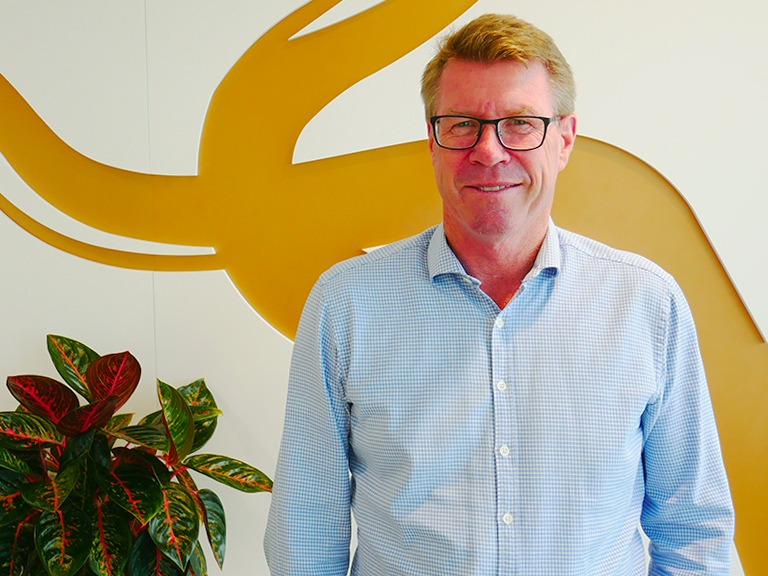
Nicholas Campbell Farr-Jones
A former Australian rugby union footballer. His position was scrum-half. He is probably best remembered for winning the 1991 Rugby World Cup with his team against England. He now works at Taurus Funds Management, appears as a TV rugby commentator on UK Sky Sports and is the chairman of the New South Wales Rugby Union.
Honours
1992: Member of the Order of Australia in recognition of service to the sport of Rugby Union football
2001: Centenary Medal for service to Australian society through the sport of Rugby Union
Awards
1999: Inducted into the International Rugby Hall of Fame
2008: Inducted into the Australian Rugby Union Hall of Fame
2011: Inducted into the IRB Hall of Fame alongside all other Rugby World Cup-winning captains and head coaches from the tournament’s inception in 1987 through 2007 (minus the previously inducted John Eales)

 | Temperature: 14
| Temperature: 14
